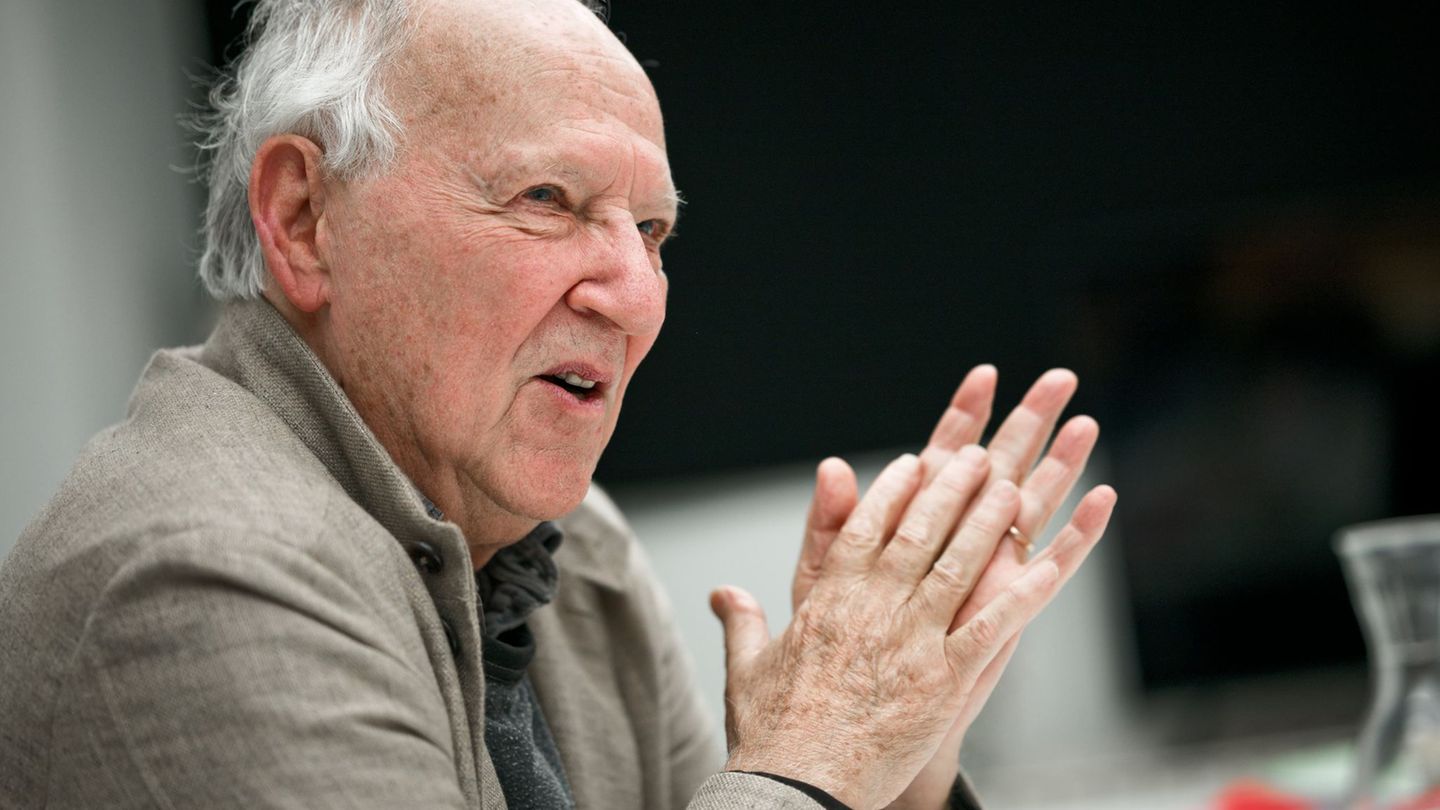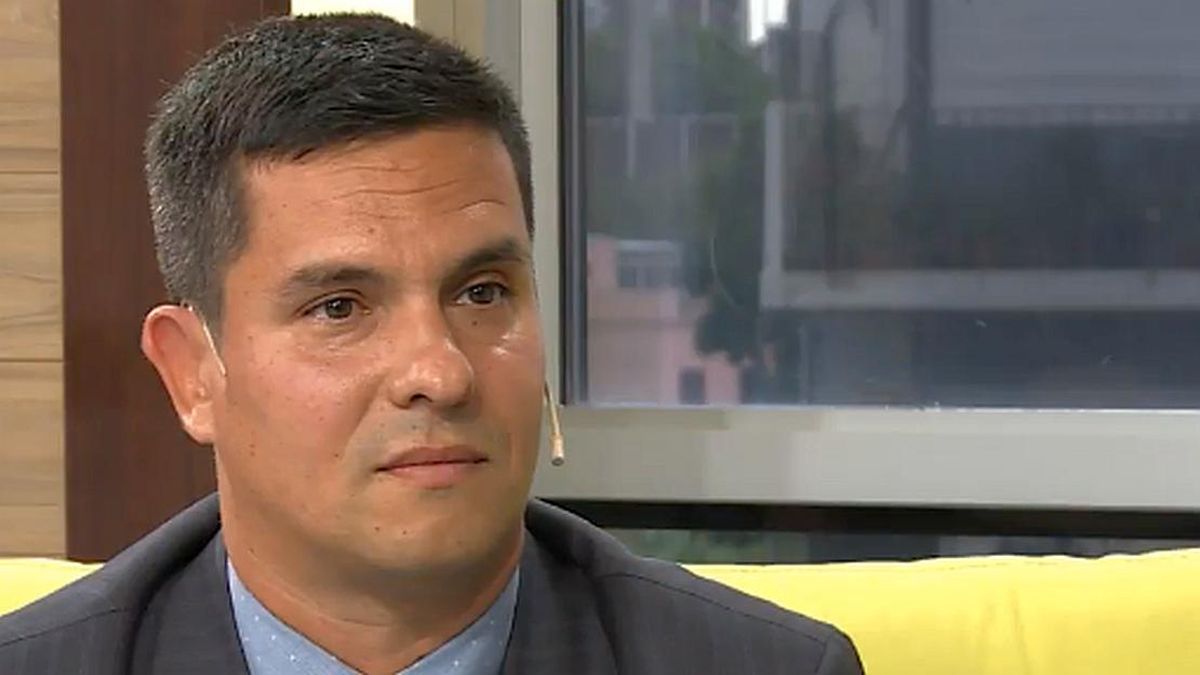Opinion
CDU leader Friedrich Merz rejects coalitions between his party and the BSW. That is a mistake – and one that will haunt him.
The day after the Sahra Wagenknecht (BSW) alliance made its formidable election debut, Friedrich Merz had to answer an obvious question: whether cooperation with the new party was conceivable?
His answer was a clear no. The matter was “completely clear”: “We do not work with such right-wing and left-wing extremist parties.” Wagenknecht is “right-wing extremist on some issues, but left-wing extremist on others.” Apart from that, the Union’s motto is: “We want to win majorities!”
Now, things have been difficult for a while now with majorities, particularly in the east of Germany. And it will probably become even more difficult.
Few power options in September
In September, when new state parliaments are elected in Saxony, Thuringia and Brandenburg, the AfD could become the strongest force with around 30 percent. This alone will further reduce the power options of the CDU, which rightly does not talk to the partly extremist party.
Added to this is the decision to distance itself from the Left Party, which is likely to remain represented in parliaments in eastern Germany despite its existential crisis. In Thuringia, where Bodo Ramelow is the Prime Minister, the Left Party is still competing for second place.
The fact that Merz has now declared the BSW taboo further limits his party’s room for maneuver. In terms of content, this can be justified to some extent: Wagenknecht was a communist and – like a large part of the rest of the leadership – belonged to the Left until recently. At the same time, she represents positions that are very similar to those of the AfD.
The math problem before forming a government
Strategically, however, Merz’s announcement appears to be at least grossly negligent. A small calculation is enough to arrive at this conclusion.
It goes like this: After the successful European election test of the Wagenknecht party, there is a lot to suggest that it can also land at 15 percent or more in the state elections. If you add to this the current results and poll ratings of the AfD and the Left, the result is clear: At least in Thuringia, but perhaps also in Saxony and Brandenburg, the three parties could together occupy the majority of the mandates.
This would mean that the CDU would once again be faced with the old dilemma that it knows from painful experience in Thuringia: When the AfD, together with the Left Party, blocked the majority of seats after the 2019 state election, the AfD, CDU and FDP elected a prime minister, which led directly to chaos.
It was the events in Thuringia that cost Annegret Kramp-Karrenbauer the CDU chairmanship and helped Merz make a comeback after the Armin Laschet interregnum. And it is the fragile situation in Thuringia that could cost him his candidacy for chancellor in the autumn.
Friedrich Merz makes a strategic mistake
Because from today’s perspective, the East German CDU associations will have to choose between the Left and the BSW if they want to govern – even if it is on the basis of a toleration model. This is why the Thuringian Union leader Mario Voigt and the Saxon CDU Prime Minister Michael Kretschmer are so careful not to build a third wall opposite the BSW.
The conclusion from all this is that Merz’s statement on the BSW is a serious strategic error that, if he does not correct it quickly, will likely catch up with him in September. Either the regional associations will then defy his decree and thereby dramatically weaken the chairman’s authority. Or they will fail to form a government, which would also be blamed on him.
In both cases, Merz’s candidacy for chancellor would have been over.
Source: Stern
I have been working in the news industry for over 6 years, first as a reporter and now as an editor. I have covered politics extensively, and my work has appeared in major newspapers and online news outlets around the world. In addition to my writing, I also contribute regularly to 24 Hours World.




